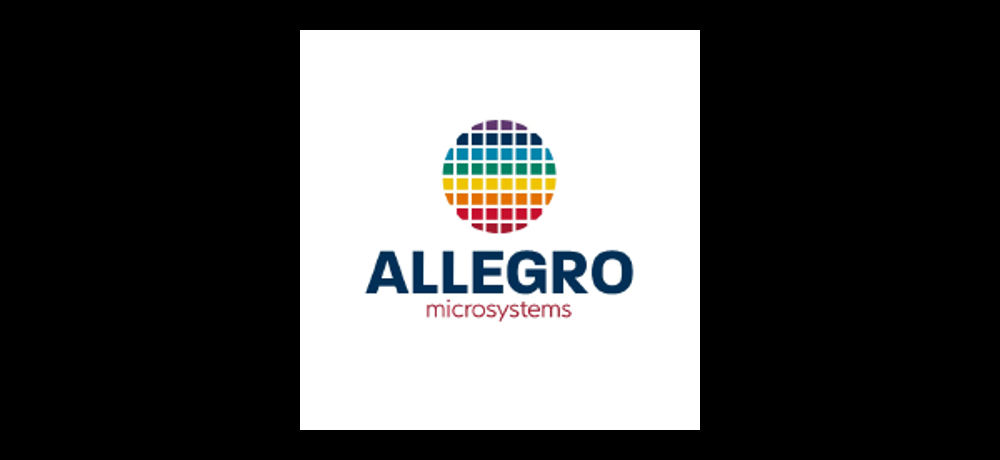Coca-Cola (KO) Europacific Partners, the bottling arm of Coca-Cola (KO) serving Western Europe, Australia, and New Zealand, has reduced its annual sales forecast due to weakened beverage demand in Europe and Southeast Asia. While demand for sodas remains steady, economic pressures are driving lower-income consumers to eat at home rather than out, which has affected the company’s volumes. In Europe, Q3 volumes fell by 1.4%, a slight improvement from the previous quarter’s 4% decline, attributed to a summer boost from large events like the Euro 2024 Football Championship and the Paris Olympics.
In Southeast Asia, Coca-Cola Europacific faced additional challenges in Indonesia, where a Middle East-related boycott impacted sales. This region-specific weakness contributed to the revised annual forecast, with projected revenue growth now expected at 3.5%, down from the previous 4%. Despite these challenges, the company reported a 2.4% increase in adjusted revenue to €5.36 billion for the quarter, supported by steady revenue per unit case at €5.32.
Market Overview:- Coca-Cola Europacific lowered its annual revenue forecast to 3.5% growth.
- European Q3 volumes declined 1.4%, improved from a 4% fall in the prior quarter.
- Weak demand in Indonesia impacted by a boycott due to Middle East tensions.
- Consumers are opting for at-home dining, affecting Coca-Cola’s European volumes.
- Events like Euro 2024 helped moderate declines in Europe.
- Annual revenue growth expectation revised to 3.5%, down from 4%.
- Economic pressures on lower-income consumers may continue to impact demand.
- Future growth strategies may involve adapting to changing dining habits.
- Expansion in high-growth markets may offset regional demand challenges.
Coca-Cola Europacific Partners faces a nuanced demand environment, with macroeconomic factors and regional tensions impacting consumer spending patterns. The company’s Q3 results showed resilience through event-driven boosts in Europe, but Southeast Asia’s geopolitical challenges present a headwind. The reduced sales forecast reflects these dynamics, as Coca-Cola Europacific adapts to shifting consumer behaviors in both dining and spending.
Looking forward, Coca-Cola’s broader strategy may focus on capturing higher-margin opportunities and diversifying revenue streams to manage the volatility in international markets. Despite short-term pressures, the brand’s stronghold in global beverage distribution positions it to weather demand fluctuations and capitalize on high-profile events and high-growth regions in the future.



